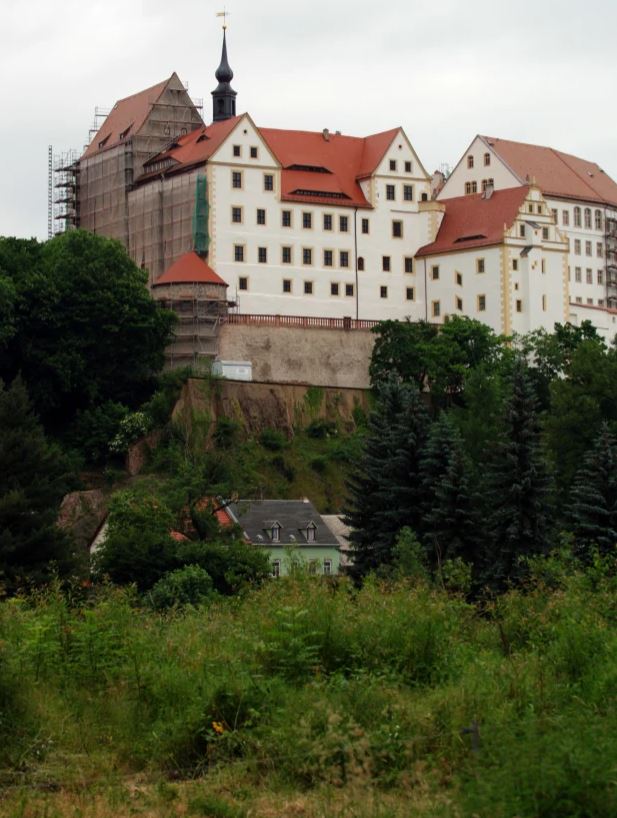After a flirtation with M16 while studying at Cambridge, British author Ben Macintyre channelled his fascination with double lives into a publishing phenomenon. Now he’s turned his pen to the hidden history of the notorious Nazi POW camp, Colditz.
Ben Macintyre smiles sheepishly as he apologises. He has spent the past 20 minutes spinning yarns about the daring exploits of a Soviet Cold War double agent. Now he wants to show me that the spy also has a wicked sense of humour. “Please excuse my Russian accent,” Macintyre says. He pauses, draws in his chest, looks away for inspiration and sets his jaw.
For a moment it feels like we’ve entered a James Bond film. “I don’t know why everyone is complaining about lockdown,” he declaims slowly, imitating ex-KGB spy Oleg Gordievsky, who has been living in hiding in England since he defected in the 1980s. “I have been in lockdown for 35 years.” Macintyre waits for me to chuckle, and I do. His accent is actually pretty good.
We’re sitting at a table in the white-walled meeting room at his publisher’s office in London’s Pimlico, to which he has been driven for a round of interviews about his latest book, Colditz: Prisoners of the Castle. Macintyre points backwards over his shoulder to tell me the office is just a 10-minute drive from MI6 headquarters across the Thames and slips back into relaxed Oxbridge English to reflect on the price paid by Gordievsky, whose revelations Macintyre detailed in his bestselling book The Spy and the Traitor (2019).
Read the article by Michael Visontay in The Sydney Morning Herald.

